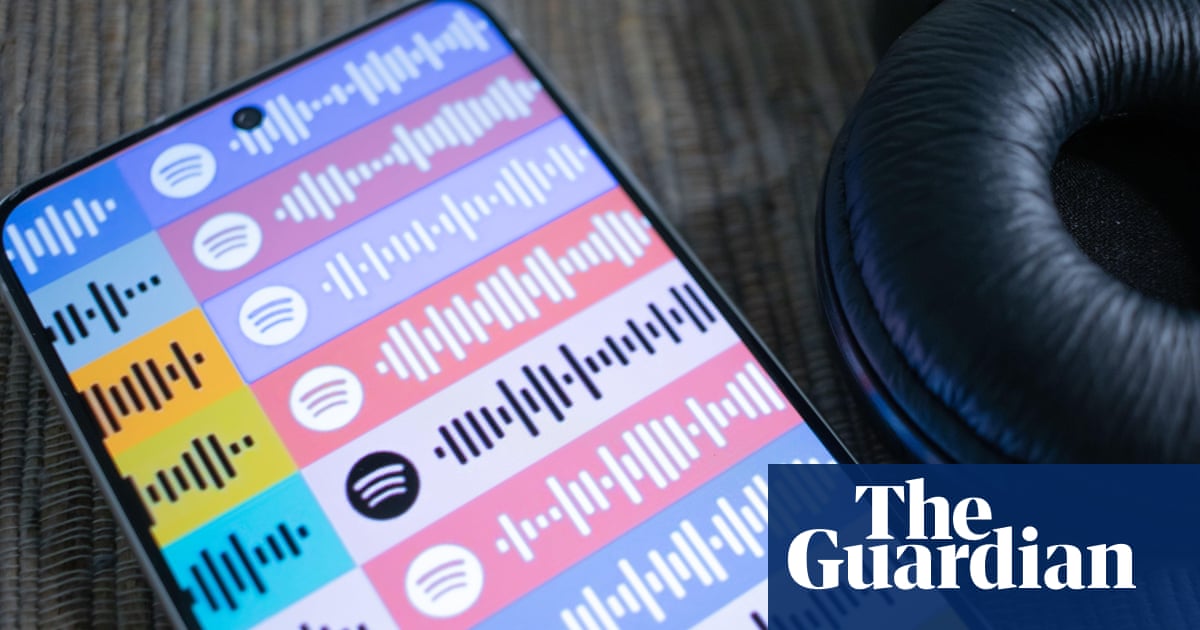They claim they pay 70% to labels, but labels own Spotify, so this means they’re not actually paying artists.
The recording industry has ALWAYS been pulling accounting tricks on artists.
the recording industry is an exploitative middleman that’s obsolete in an age where you don’t need a big company to press vinyl disks to get your music out there
Academic publishers? Ticket sellers?
at one point, that was the main platform of the Pirate Party: “Copyright should protect the artist, not the publisher.”
If your business isn’t profitable without exploiting workers [artists], then your business doesn’t deserve to exist.
You people from the logical timeline have no business coming here and telling us idiots how to run things! Go back to your utopia!
so many companies would rather engage in collective punishment rather than just behave – see a similar thing with gamble-boxes in video games, companies are happier blocking countries rather than just publishing the odds/payouts/return-to-player …
It shows they make a lot more money by being unethical than by being ethical. If it were just a little more money they could just do the right thing and raise prices a little. It’s the same reason tech companies won’t let you pay not to be tracked: they make more money from accumulating information about you than you’d ever be able to afford to pay them.
Oh no. Whatever will people do. I guess they just won’t be able to find music.
Fucking good riddance to Spotify.
Bandcamp! 🫠
bandcamp is the only website where I’ve paid for music ever
And it’s been completely gutted and is going to rot into another corpo garbage heap.
Oh no. What happened? It’s been ages since I’ve used it.
They (under Epic Games) fired half their workforce. More specifically pretty much everyone who wrote for Bandcamp Daily. Thats about the only change so far.
It’s also been passed now from epic to songtradr a business to business music company.
Yeah but nothings happened with it since then. Songtradr also owns 7digital which is basically the same thing and they havent ruined 7digital.
Two words that send corporations into a raging fury
*Three
🤖 I’m a bot that provides automatic summaries for articles:
Click here to see the summary
Spotify is to phase out its service in Uruguay after the passing of a new music copyright bill requiring “fair and equitable remuneration” for authors, composers, performers, directors and screenwriters.
In October, the country’s parliament voted on a budget bill that included two new articles: per article 284, social networks and the internet are to be added “as formats for which, if a song is reproduced, the performer is entitled to financial remuneration” – namely if a link to a song is shared online.
Article 285 will put into copyright law the “right to a fair and equitable remuneration” for all “agreements entered into by authors, composers, performers, directors and screenwriters with respect to their faculty of public communication and making available to the public of phonograms and audiovisual recordings”.
In response, Spotify said in a statement on 20 November that without changes to the 2023 Rendición de Cuentas law, the streaming platform “will, unfortunately, begin to phase out its service in Uruguay effective 1 January 2024” and cease trading in the market in February 2024.
The Swedish company seeks confirmation on whether additional costs to be paid to musicians are the responsibility of rights holders or the streaming platforms, arguing that the latter means that it would be required “to pay twice for the same music”, Music Business Worldwide reports.
Spotify claims that 0.5% of all tracks have fewer than 1,000 streams, and many distributors do not pay out such low amounts – and hold on to the money, Variety reports.
Saved 34% of original text.








